Description
ABSTRACT
A Critical Examination of Forensic Evidence in the Trial of Drug Offences in Nigeria
Dr. Moses Ediru*
This work focuses on the importance of expert evidence as a rate limiting (decisive) step in the trial of drug offences. It sets out to unravel the nature, mode of procurement and conditions for admissibility of the circumstantial evidence required for conviction in a drug case. To properly do this, consideration is given to: (a) the analyst as an expert, (b) the laboratory as an institution, (c) the techniques used in analysis, (d) the report of the laboratory analysis and (e) persons qualified to testify on the Report. Some of the findings in the work are; (1) the Evidence Act, 2011, does not distinguish between who is an analyst for the purpose of carrying out the drug analysis and who is to sign the resultant certificate (Chemist’s Report) for the purpose of admissibility; (2) the stage of actual testing is the most fertile ground for cross-examination due to subjectivity and, (3) in practice, the Chemist’s Report is usually tendered from the Bar by the prosecuting counsel. In the circumstance, this work holds the view that where the person signing the Report is different from the one who performed the test both must sign the Report to fulfill the requirement of the Law for admissibility. Furthermore, the Report should be tendered by the analyst otherwise no probative value can be ascribed to it.
Keywords: Drug Offences, Chemist’s Report, Admissibility, Analyst.
INTRODUCTION
What is presented in this work is without prejudice to the normal chain of criminal trial: arraignment, prosecution, defence, addresses and judgment. Generally, there are three (3) modes of proof of crime in law: (1) confessional statement; (2) eye-witness testimony; and (3) circumstantial evidence. In non-drug cases, depending on the facts and circumstances of each case, these modes can be used independently to secure conviction. But in drug cases constituted by expert evidence, no one mode of proof is sufficient for securing conviction; hence, the peculiar and unique nature of drug trials.
For example, if the prosecution proceeds to establish the guilt of an accused person through confessional statement, he must of necessity produce credible circumstantial evidence on the nature of the drug in question in order to succeed. If it decides to rely on eye-witness testimony, a credible circumstantial evidence on the nature of the drug remains a sine qua non for securing conviction.
However, this circumstantial evidence required in all drug cases is, itself, not an independent mode of proof of any drug offence. What then is this all important circumstantial evidence, its nature, how procured and the conditions for its admissibility?
In this work, the answers to the above questions, point to forensic evidence by an analyst, which is herein examined under:
a. The Analyst as an Expert
b. The Laboratory as an Institution
c. The Techniques used in Analysis
* B. Pharm (Hons), LLB (Hons), LLM (Drug Laws), PhD (Drug Laws), BL, (mpsn, mnim, npn, maw). Lecturer, Faculty of Law, Benue State University, Makurdi.

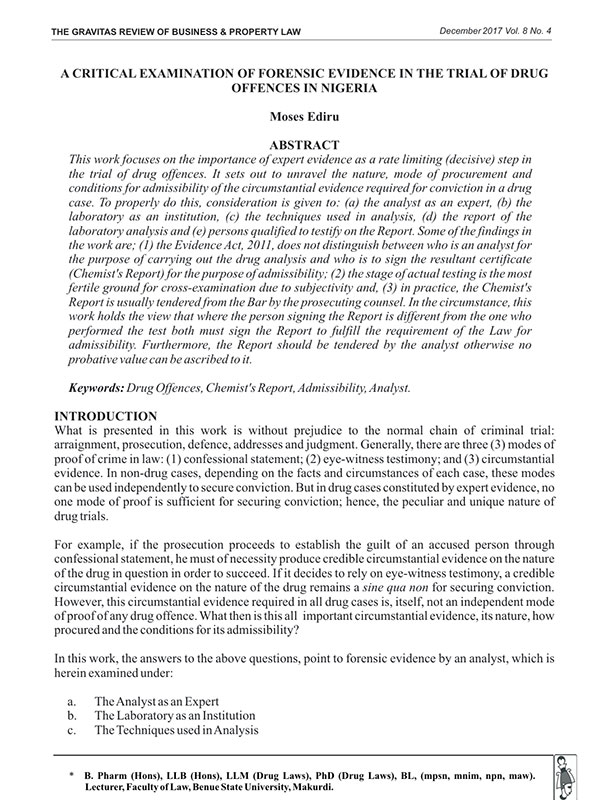
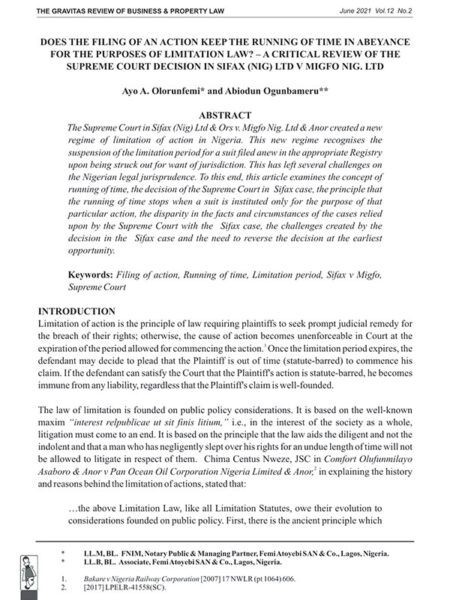
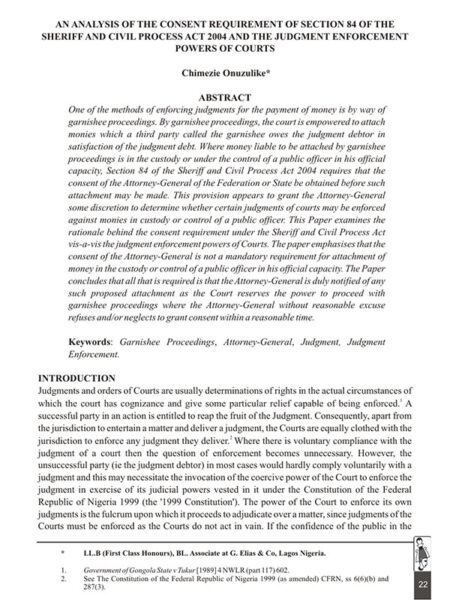
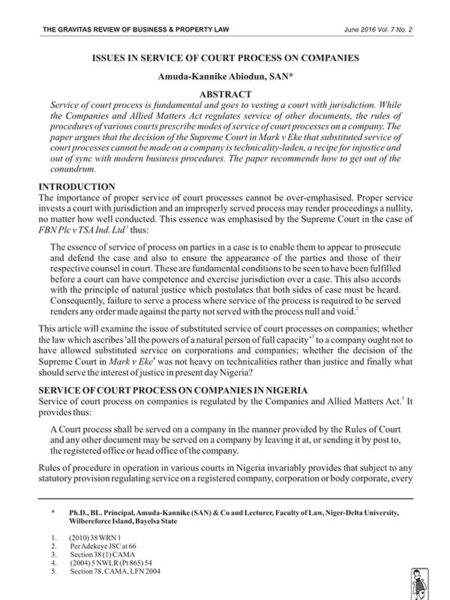
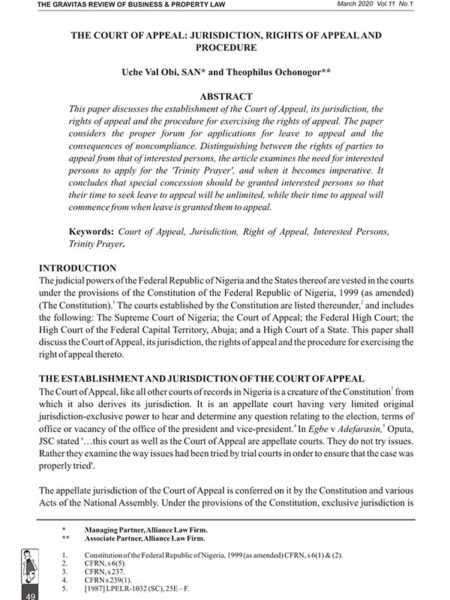


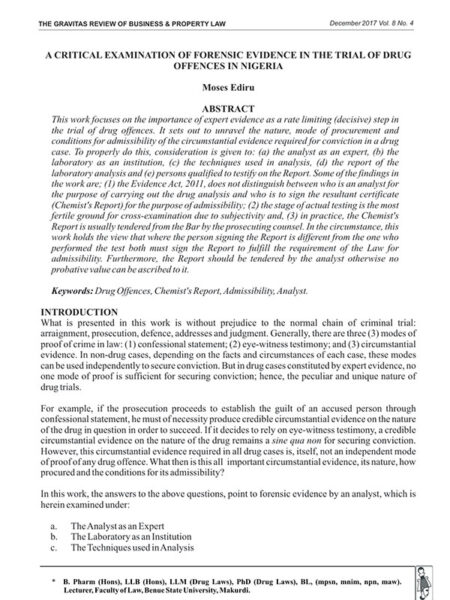
Reviews
There are no reviews yet.